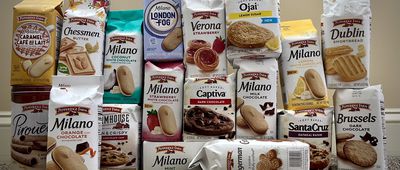Waste Less, Save More
While eating at home is generally less expensive than eating out, there are always ways to save even more when preparing meals in your own kitchen. Some of these money-saving hacks involve a little extra time, but the upshot is extra taste and extra cash in your wallet.























